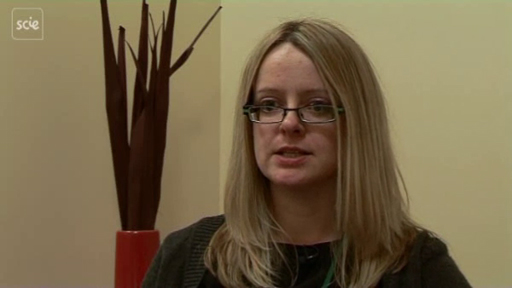2.1 Children under 16
In England and Wales, the Mental Capacity Act 2005 does not apply to children under 16. In Scotland there are provisions in the Age of Legal Capacity (Scotland) Act 1991, with a similar change at age 16. A child under 16 is therefore generally presumed not to have capacity, although they may be assessed as ‘Gillick competent’.
Activity 3 Decisions made on behalf of children under 16
Making decisions on behalf of other people is not easy, especially if they are angry or distressed and therefore less able to understand what is being proposed, or if they are inclined not to tell the truth. But what kinds of decisions, other than about medical treatment, do professionals make about children, and how often do these involve an assessment of mental capacity?
Watch the video below about a social worker, Liz Curry, in a local authority children and families team. Look for examples of Liz’s decision making.

Transcript: What is social work? Children and families
How often were the decisions related to assumptions about mental capacity, even though this term is not used? Make notes in the box below.
Comment
The video begins with Liz speaking by phone to a 12-year-old boy in a children’s home who was not happy and wanted to leave. Liz listened to his concerns, discussed the issue with staff and managed to stabilise the situation.
Next there was a home visit to a 12-year-old boy with learning disabilities, where there were concerns about inappropriate sexual activity and substance abuse. Liz managed to establish a working relationship with the mother, in order to more accurately hear and understand the views of the boy and assess the support required.
Following a discussion with her manager about another case involving a teenage boy, in which they decided to convene a formal meeting, Liz spoke by phone to a foster carer dealing with a dilemma about whether to allow a teenage girl to see an elder sibling. Finally, Liz visited 14-year-old Paige, a looked-after child. Paige reflected on decisions Liz had taken on her behalf in the past and acknowledged that they had proved to be in her long-term interests.
Liz tried to work with the children and young people where appropriate and intervened with those who had parental responsibility.
